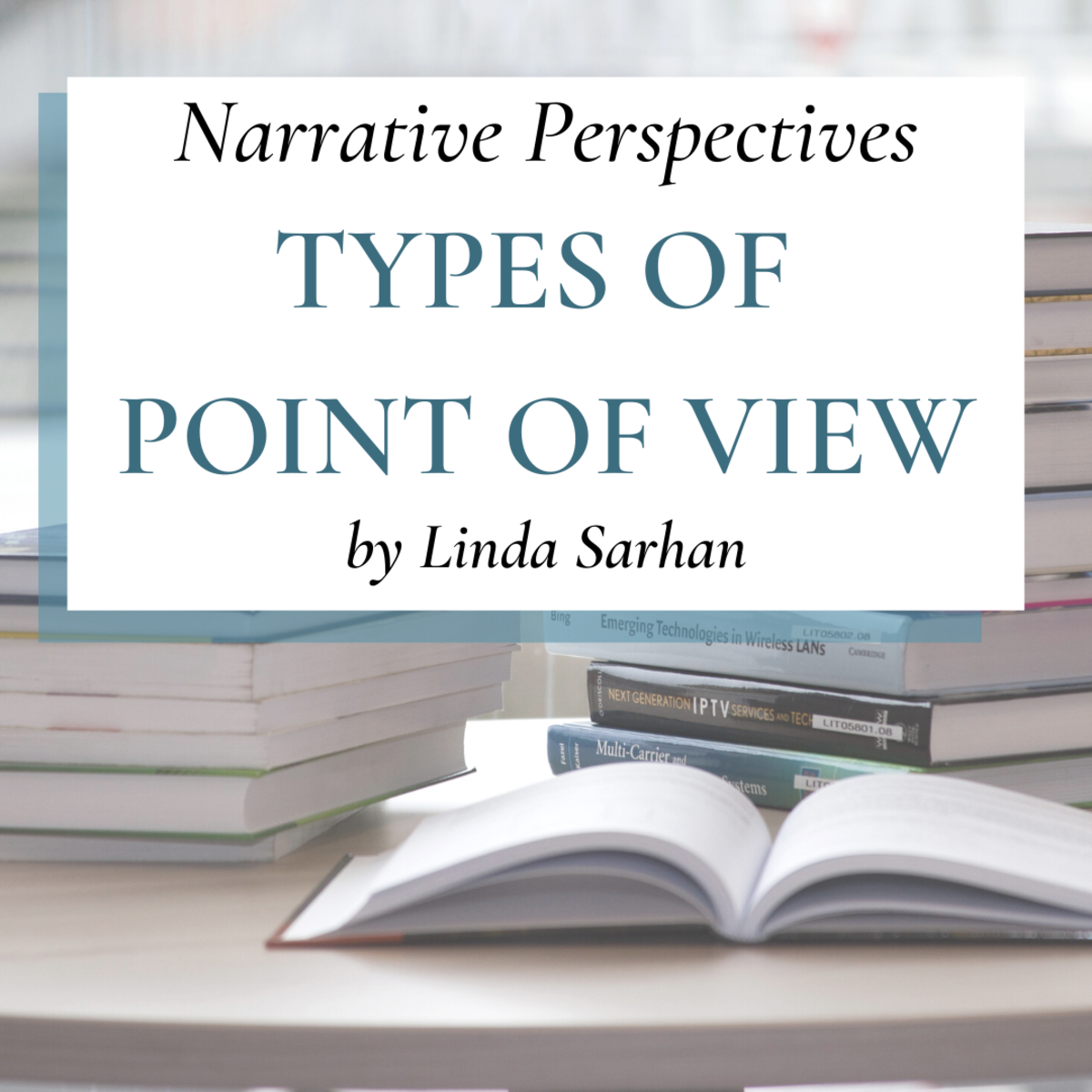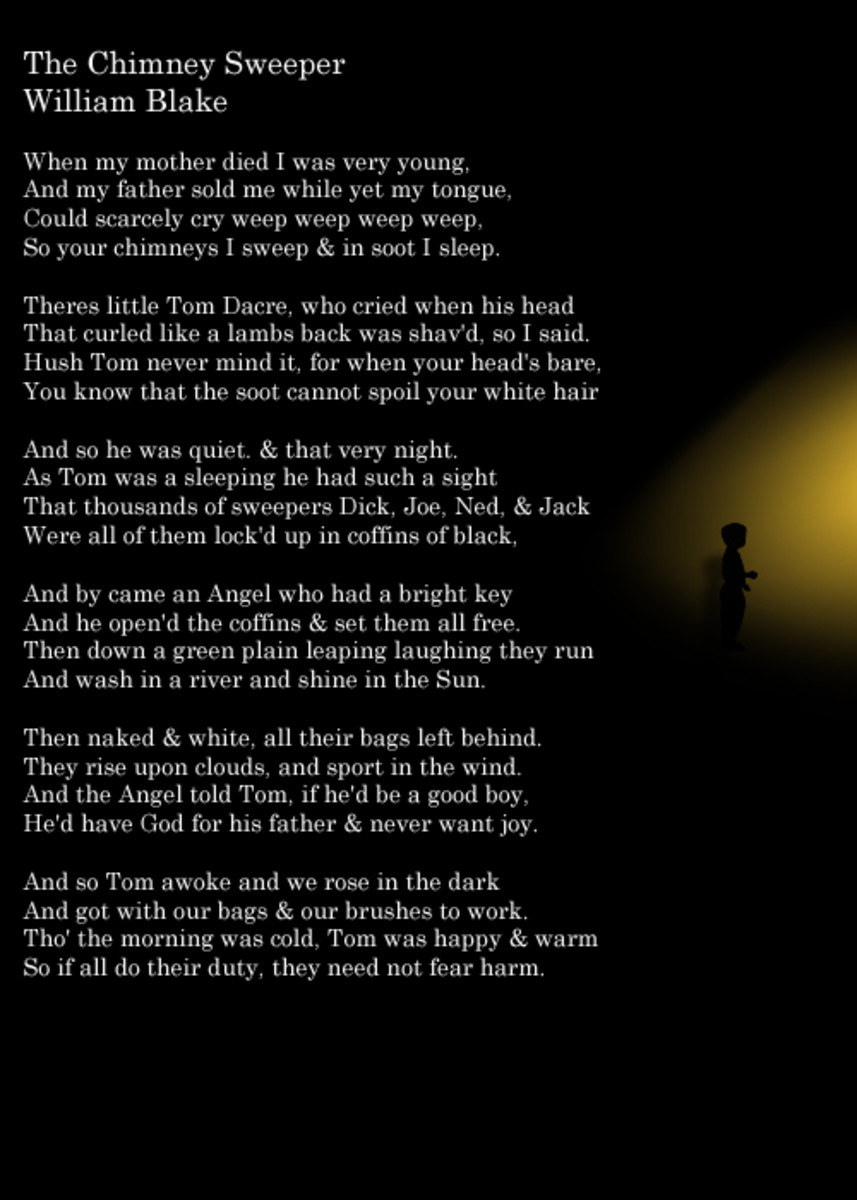This Transgressive World

What they say can be true, "Less is more." But what if showing more is exactly your point as a writer? What if the entire message you are trying to convey as a writer is what society is really like with nothing taboo to the narrator of the story? And what if your narrator is the one responsible for these taboo actions?
In all its obscurity, transgressive fiction is a genre of selective taste. Los Angeles Times critic Michael Silverblatt is attributed as being responsible for the coining of the genre's name and definition: "A literary genre that graphically explores such topics as incest and other aberrant sexual practices, mutilation, the sprouting of sexual organs in various places on the human body, urban violence and violence against women, drug use, and highly dysfunctional family relationships, and that is based on the premise that knowledge is to be found at the edge of experience and that the body is the site for gaining knowledge."
Before this term "transgressive" was given to create a genre in itself within the world of contemporary fiction, predecessors such as William S. Burroughs with his prolific novel Naked Lunch sparked much controversy in the late 1950s and even faced obscenity charges due to their graphic and explicit nature with no holds barred. Authors like Burroughs, Anthony Burgess and Hunter S. Thompson birthed a revolution in creative writing with a cold disposition to social norms. The main character of Naked Lunch was an unusual narrator for the time, with the first-person narrative of anti-hero William Lee, a junkie evading the police in search of his next fix all the while getting involved in casual and immoral sex acts along with vapid hallucinations, leading the reader into moral ambiguity and chaos. The book faced much censorship and was banned from many bookstores and libraries for its "obscene" content. Thompson came along later with a similar, semi-autobiographical novel in the early seventies entitled Fear and Loathing in Las Vegas in which the characters experience acid trips and other events similar in content to Naked Lunch, though maybe more comprehensible.
J.D. Salinger's 1951 coming-of-age novel Catcher in the Rye was probably the first sign of what was to become of modern fiction, of all of the pieces produced in Salinger's time, following the urban escapades of notoriously angst-consumed teenager Holden Caulfield, a novel that would eventually lead to a more controversial, updated version about 80's youth called Less Than Zero, written by a nineteen-year-old Bret Easton Ellis. Another worthy mention would be Vladimir Nabokov's Lolita, going into the fascinating psychological mess of an obsessed pedophile.
The protagonist in this genre is typically seen as a victim of the society the novel attacks, with the character being himself both morally and emotionally depraved typically, and thus books belonging in this genre are typically written in the first-person perspective to let the reader see the mind of the character in his or her true colors. Often casually indulging in drugs and mindless sex and violence, the protagonists usually have some moral conscience hidden beneath the vacuousness made obvious to the reader, and will often carry the plot along attempting to make some amends for their actions or improve upon the world they live in through often socially unacceptable means. A prime example of this would be in Chuck Palahniuk's satire of American consumerism, Fight Club, in which the protagonist and narrator becomes so anti-American toward the country's consumerist ways that he becomes involved in an underground terrorist organization dedicated to revolutionizing America by destroying credit card companies.
Satire is a common companion of transgressive fiction. Commenting on society is usually accompanied by black humor and witty dialogue in an attempt to get the social message across to the reader and expose the ridiculousness of the world. American Psycho, the dark satirical novel by Bret Easton Ellis, explores the self-absorbed materialism of the typical Wall Street yuppie lifestyle while simultaneously exposing narcissistic protagonist Patrick Bateman's inner psychopathic rebellion through his murderous ways both subtly hidden from and ignored by his colleagues. Patrick will often make references to his truly monstrous rage by bringing up darkly humorous opinions or statements regarding his true feelings in conversations. At one point he is asked what his job entails by a woman in a nightclub and in all deviant honesty answers, "Oh, murders and executions mostly", but due to her refusal to believe this is what he says, the girl implies she heard him say "mergers and acquisitions". Thus the behavior of Bateman's true nature goes unnoticed by the society in which he both loathes and revels. And between his heinous sexual acts and ruthless murders, ironic chapters are devoted to Bateman's critical opinions and expressed love for the discographies of popular 80's musicians such as Phil Collins and Huey Lewis and the News.

Transgressive
fiction of course deals with graphic and sometimes painstakingly
detailed depictions of violence and sex, usually in an attempt to show what society can do to the minds of these characters. The
authors usually are targeted as people who simply indulge in shock
value, but most, if not all, insist that the vivid descriptions and
violent scenes are there for social and often political reasons. In
order to target the society effectively, according to the
transgressive writer, the reader is required to see what the society
is like in the worst way possible, almost as a wake-up call. The
often apathetic and cold-hearted main characters typically involved
in the story serve as observers and victims of the society who are
tortured by the world they live in, concealing their misery from
others and committing these horrific acts in order to be heard and
reveal how the world they live in has tweaked their minds. Without
the detail put into the actions themselves, the authors believe the
emotions and social message become more ambiguous to the reader and a
crucial part of the narrative is lost. The problem with today's literature is that it isn't literary, often the only bestsellers today being comprised of trite and cliched stories which contain shallow action (rather than being necessary) and, even more popular today, fantastical elements. People don't want gritty realism anymore. It's all about escapism. Transgressive fiction deals with the problems most of the reading public is eager to avoid.
As more generations have come into existence since the birth of the genre, transgressive stories have found increasing acceptance into an increasingly open society. With more desensitized youths and the events of terrorism and war in a post-9/11 world, the genre has much to be explored in revealing the lives of many disaffected modern individuals and their moral crises in a post-Empire America. And with its rise in popularity at the end of the 20th century, transgressive fiction provides even further opportunity for the budding writers of today. It just needs to be reawakened.








